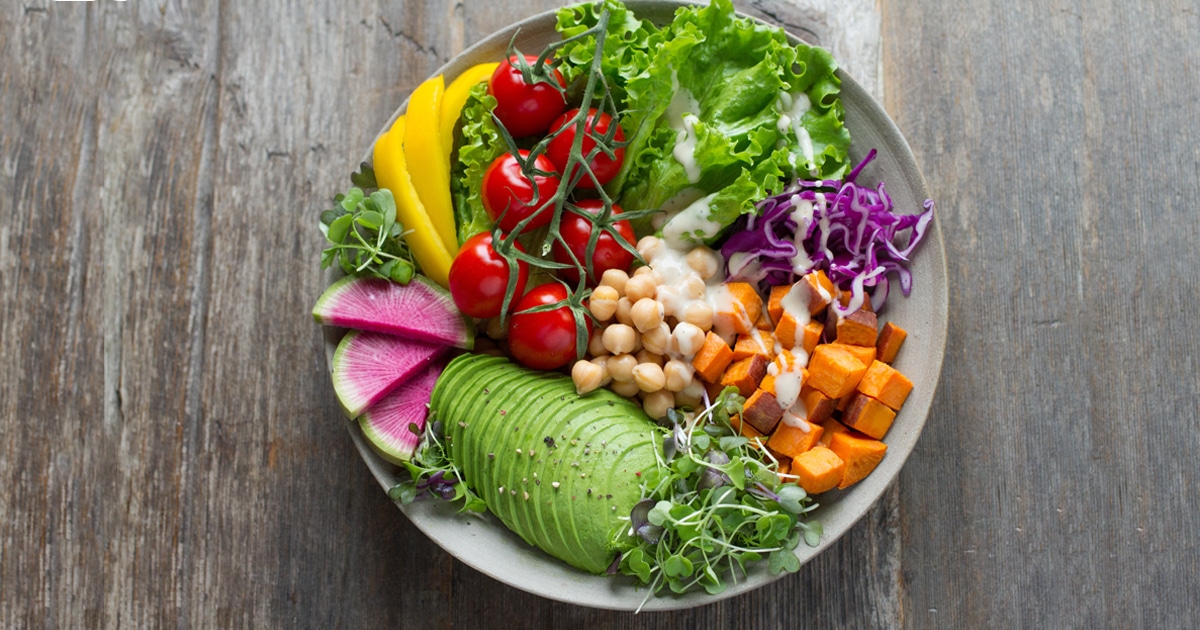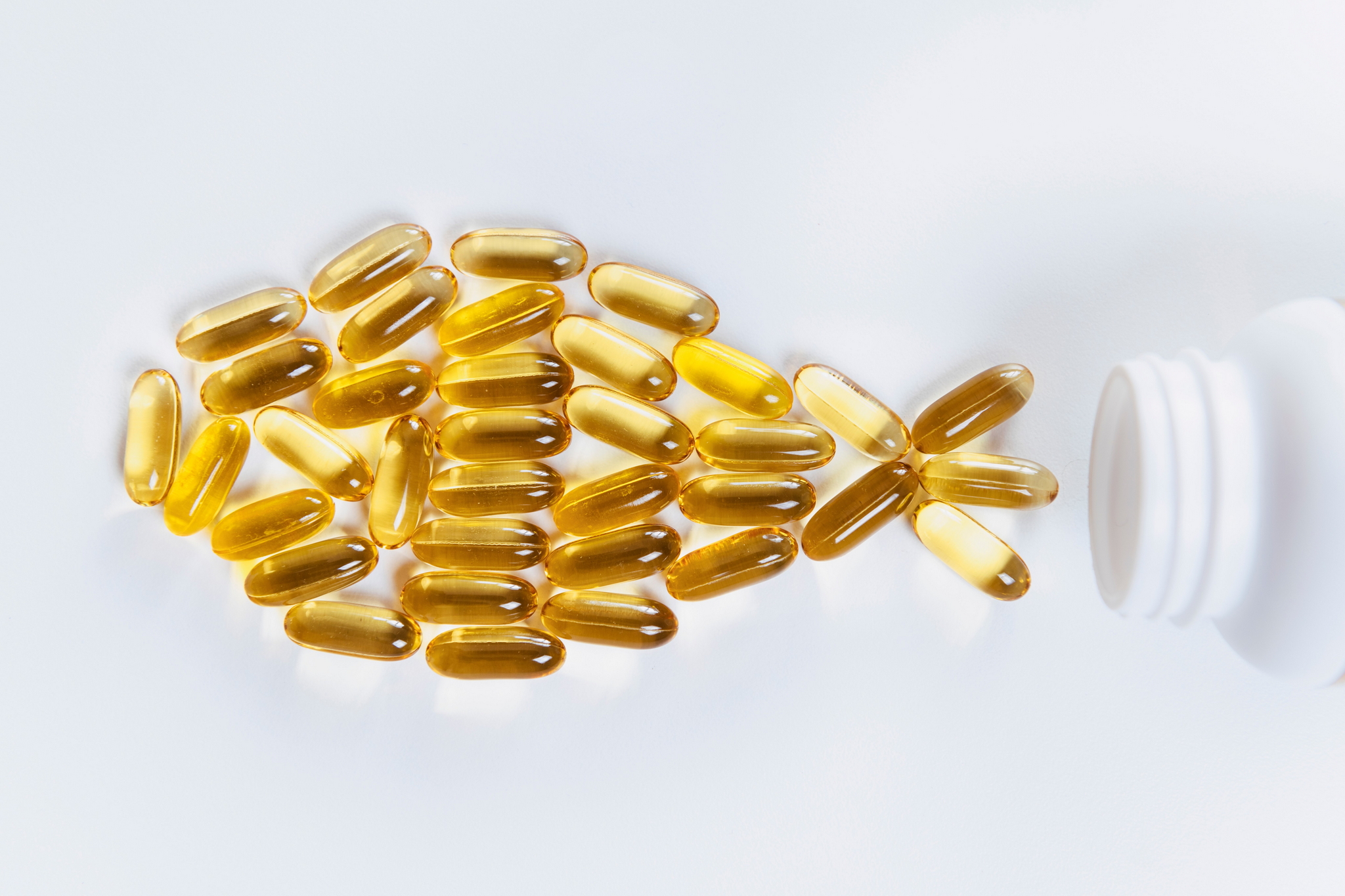
Don’t worry. This is not the million-dollar question. But it’s no secret that our modern, extremely busy life is practically begging us to take dietary shortcuts. Convenient fast food restaurants seem to pop up around every corner and processed meals are stocked pile high at the supermarkets luring our post-work minds to the easy way out. And what’s even more unfair, trying to do the right thing and eat healthier isn’t enough anymore as “good food” is not as nutritious as it used to be.
This constant lack of time to cook nutritious, healthy and functional food plays an ever-growing role in creating a world that is out of balance with the way our bodies were set up. Today, even the most avid couch potato has come to terms with the fact that exercise is a necessary evil. As the world is facing one natural disaster after another, there is also an increased collective understanding that we all need to do our part to reduce climate footprints and cut down on meat for the planet’s sake as much as our bodies’. Thankfully, flexitarian options are standard at most restaurants nowadays, and veggie Wednesdays are becoming routine in households across the globe.
But still, when it comes to our individual health and well-being, nutritious food and regular exercise can only do so much to put our bodies back in balance. A lot of us eat seafood regularly, follow a plant heavy diet and even take fish oil Omega-3 supplements, but it’s not always enough to tip the scale.
Not all food is created equal
We need to look at the bigger picture, and there is not one contributing factor out there keeping us from turning a corner. The flipside of modern technology in food processing, for instance. Sure, removing bad flavors, odors and contaminating agents is much appreciated, but a lot of the food’s natural antioxidants and vitamins are also eliminated during the refining stage. Next time you head down to the store to stock up on olive oil, remember that not all olive oils are created equal. Literally speaking. Take a closer look at the label and make sure you pick an extra virgin olive oil that was cold pressed. Contrary to modern refining processes, this ancient, traditional method retains the olives’ natural antioxidants, vitamins and anti-inflammatory micronutrients we so desperately need to give our bodies today.
Also, bear in mind that food with traditionally high levels of health-promoting Omega-3 is not always a safe bet anymore since today’s cows, chickens and fish are fed with concentrates that are low in this essential fatty acid. Not to mention the residual effects we pick up from animals grazing close to polluted water and soil...
Put your body to the test
So, how do we nip this in the bud? Is adding supplements to our diet the answer? Well, apart from the fact that you should always consult a doctor before takingany nutritional supplements, there’s a jungle of different quality supplements out there and it’s easy to make an uninformed decision and choose a supplement you don’t really need. That is literally money down the drain, a fact that becomes very clear for those of us who decide to put our bodies to the test. That is, getting our individual fatty acid profile in writing, with a breakdown of the level of essential fatty acids in our blood. An uncompromising status check that often has even the most health-conscious person staring at the results in disbelief as the corresponding ratio between Omega-6’s and -3’s reveals the true story of what they eat and how they live. This is a time when it’s good to bear in mind that ignorance is not bliss.
Once you get your fatty acid levels in writing and know what areas to target,
getting your body back in balance is going to be a lot easier.
Eager to find out how healthy you really are, and, more importantly, what to do if the results throw you off-kilter? Read more about the Zinzino BalanceTest and the blood spot test that gives you an individual fatty acid profile and a heads-up to taking a step towards your new life.


